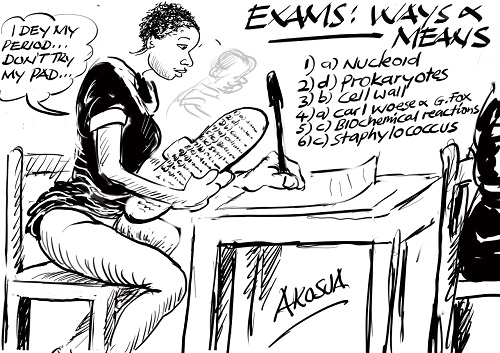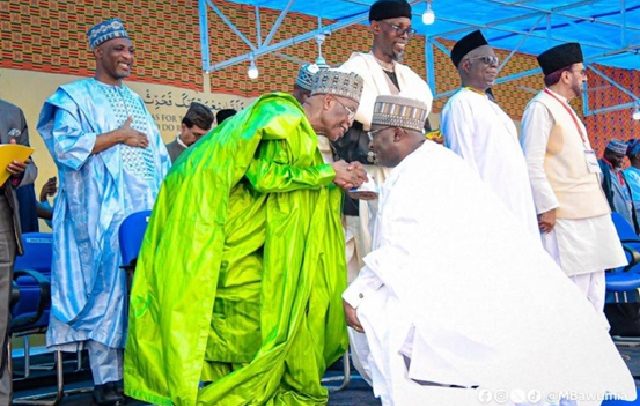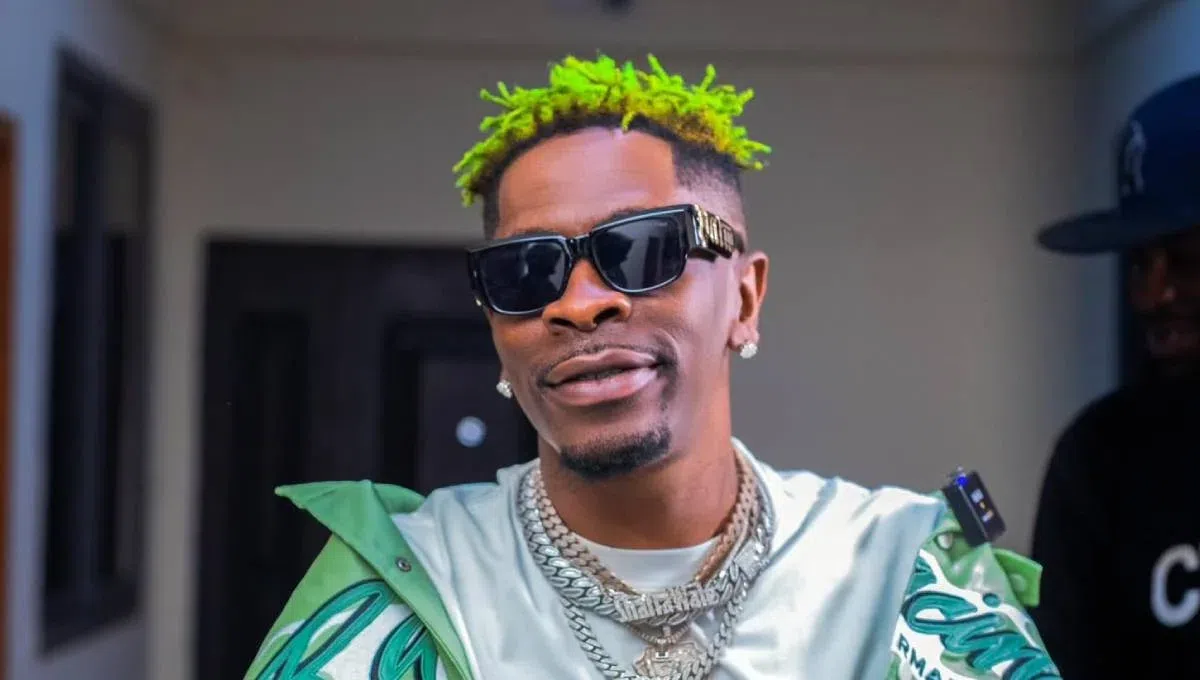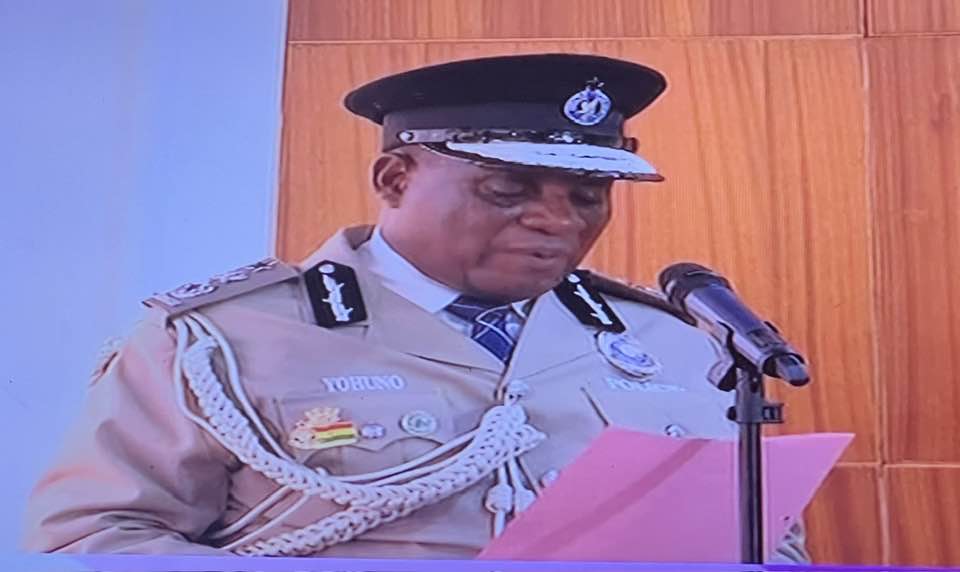
By: Cardinal Peter Kodwo Appiah TURKSON
In today’s world, too often we focus on what makes us different from another person. Reflecting on the ongoing wars and conflicts around the globe, we see how differences – of background, religion, ethnicity, and even language – are twisted into weapons of exclusion and animosity, used to drive division and stoke tension.
The result is a polarized and fragmented world – a weaker world. One less ably equipped for the turbulence of the times ahead; less prepared for the growing climate catastrophe; and less willing to proactively curtail the arms trade and thus halt the outbreak of wars.
Instead of focusing on different features of people, we should focus on our common origin – the parents of the human race – which inevitably leads us to recognize each other as brothers and sisters in the human family, equal in dignity and rights.
I grew up in Ghana in an interreligious family and context. My uncle was a Muslim, my mother was a Methodist, and my father was a Catholic.
We lived harmoniously together, because our belongingness to the same family was an aboriginal and a far greater reason for our unity than the faiths we embraced later in life. Made in the image of God, we share the same dignity.
This conviction has found a compelling resonance lately in the establishment of a Human Fraternity Foundation, following the signing of a document on “Human Fraternity for World Peace and Living together” by His Holiness Pope Francis and His Eminence Ahmad Al-Tayyeb, the Grand Imam of Al-Azhar, in Abu Dhabi (4/02/2019), and the subsequent creation of the Zayed Human Fraternity Award.
The bestowal of the award on Pope Francis and Grand Imam Ahmad Al Tayyeb, as its first honorary recipients was a statement of the award’s purpose of recognizing individuals and organizations which foster dialogue, bridge divides, and promote a culture of encounter.
I had the singular honour of serving on the Jury of the 6th edition of the Zayed Award for Human Fraternity in 2025.
Reviewing the hundreds of nominations submitted for the 2025 award and selecting this year’s three honorees – representing geographically Barbados, Ethiopia, Spain, and the United States, and a range of humanitarian efforts, including climate action, healthcare accessibility, and food relief – has been both truly inspiring and reaffirming of the power of human fraternity to build a more just and compassionate world.
The Jury/ the judging committee decided upon the Prime Minister of Barbados, Mia Amor Mottley, as one of our 2025 honorees, because of her steadfast climate advocacy and policies, which are guided by a care for creation.
The world is witnessing – through the increase in natural disasters – that the Earth is crying out to us, because of our abusive treatment of it. Prime Minister Mottley has attended to its cries, launching the Bridgetown Initiative, a call for decisive action to reform global financial systems to take into consideration climate inequality. She has also committed to achieving 100percent renewable energy for Barbados by 2030.
The second honoree who was selected by the judging committee is World Central Kitchen, founded by Chef José Andres, and which provides food relief to communities suffering from humanitarian crises and natural disasters.
World Central Kitchen has served over 100 million meals in Gaza, more than 300 million meals in Ukraine over the past three years, and has responded to crises in Africa, including Mozambique and South Africa as they battled floods in the wake of the Cyclone Idai.
The third honoree is a young and a bright mind – a 15-year-old, named Heman Bekele who was born in Addis Ababa and emigrated to the United States.
His early memories of workers who battled against skin infections and diseases, due to prolonged working exposure to sun in Ethiopia, motivated his idea to discover a solution, a therapy that can deal with the consequent skin maladies.
This led to his research on a bar of soap which can kill cancer cells with a team of a researchers at Johns Hopkins University. This young man thought beyond himself, keeping his community in mind first, to pursue medicine that can make a difference.
It is my hope that knowledge of the Zayed Award for Human Fraternity would spread, drawing recipients from all parts of the world, including my native Ghana, where unity amidst the diversity and multiplicity of cultures, languages and faiths is a national goal in the service of a harmonious living and peaceful coexistence.
In Ghana, we know that harmony is not a passive state, but an active engagement, a continuous dialogue that fosters mutual respect and understanding. We must cherish and nurture this precious asset so that Ghana continues to be a model of human fraternity – demonstrating that true human fraternity is not a utopian dream, but a tangible reality that can be lived.
I call on all eligible nominators in Ghana, Africa, and around the world, to submit candidates for the seventh edition of the Zayed Award for Human Fraternity – to honor the people and organizations who are working tirelessly and selflessly for a better and brighter future for all.
The post Why true human fraternity means embracing our common origin appeared first on The Business & Financial Times.
Read Full Story








![‘I’m a Supplier’- Interdicted police officer admits selling opioids to youth [Video]](https://sportal365images.com/process/smp-images-production/pulse.com.gh/05052025/fc3b0efb-cfe0-47e6-9110-1dafcd7a834d.png)







Facebook
Twitter
Pinterest
Instagram
Google+
YouTube
LinkedIn
RSS